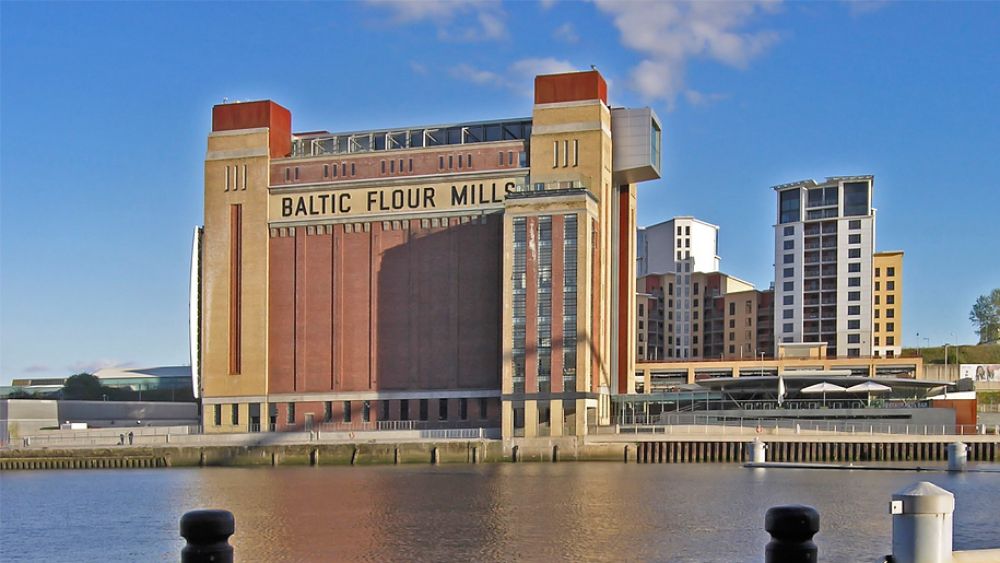

The BALTIC Centre for Contemporary Art is a major international center for contemporary art located on the south bank of the River Tyne in Gateshead, near Newcastle upon Tyne, United Kingdom. The center has played a pivotal role in the cultural revitalization of the area. Housed in a landmark industrial building, the former Baltic Flour Mills, which dates back to the 1950s, the conversion to an art gallery was completed and opened to the public in 2002.
With a vision to create a dynamic and diverse arena for showcasing pioneering contemporary art, BALTIC has since become renowned for its commitment to innovative and provocative exhibitions. The transformation of this historical structure into a cultural hub is emblematic of the broader regeneration efforts in the North East of England, using culture and the arts as a catalyst for economic and social regeneration.
Tourism at the BALTIC has grown substantially since its inception. Initially, it played a significant role in boosting the profile of Gateshead and Newcastle, attracting both domestic and international tourists. By offering free admission and showcasing a varied program of exhibitions, talks, and performances, the center ensures a constant flux of visitors and art enthusiasts from all corners of the globe.
The BALTIC Centre has a unique position in the UK's arts scene, being one of the few major venues for contemporary visual art outside London. It's not only a space for viewing art but is also heavily involved in commissioning new works, thereby contributing to the global dialogue of contemporary artistic practices.
In recent years, the gallery experience has been redefined by the incorporation of digital technology and interactive elements which cater to a broader, more engaged audience. Furthermore, the BALTIC Centre has embraced these changes by featuring digital installations and encouraging audience participation.
The center also focuses on sustainable tourism practices, recognizing the importance of environmental conservation in the region. It promotes eco-friendly travel options and has implemented measures to reduce its carbon footprint, aligning with the latest global trends in responsible tourism.
As part of the current trend towards experiential tourism, the BALTIC Centre provides visitors with an immersive art experience. By engaging with the local community and ensuring that local culture is integrated into its programming, the center remains a vital and inclusive destination for tourists and residents alike.
With the introduction of virtual tours and online exhibitions during the global health crisis – a trend that is likely to continue even as physical visitation returns – the BALTIC Centre has managed to extend its reach considerably. This hybrid model of engagment provides flexibility and access to a wider audience, maintaining relevance in a fast-evolving digital world.
The BALTIC Centre for Contemporary Art stands as a beacon of cultural innovation and is a cornerstone in Newcastle and Gateshead's burgeoning tourism economy. Its role in the enhancement of cultural tourism is significant, and its ongoing commitment to art curation and audience engagement cements its reputation as an institution of international caliber in the tourism and art sectors.